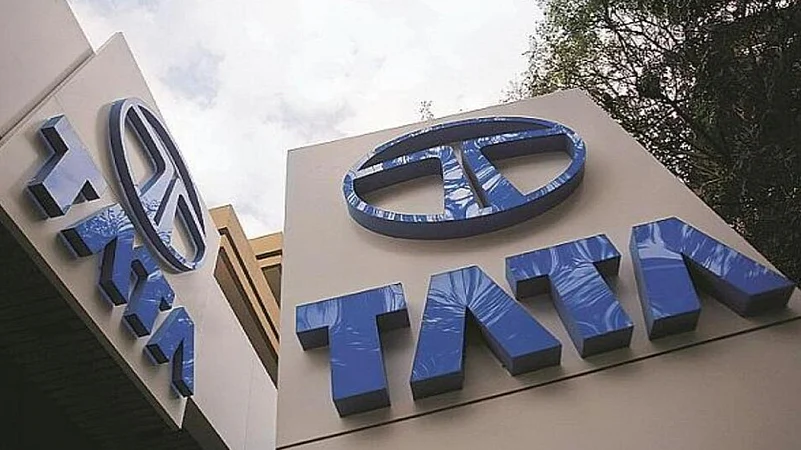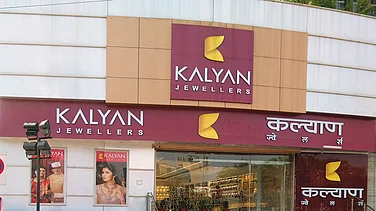Leading automaker Tata Motors reported its net profit jumped to Rs 5,566 crore in the April-June quarter of FY25, up 74 per cent from Rs 3,203 crore in the corresponding quarter of the previous financial year.
The company’s revenue from operations increased nearly 6 per cent to Rs 1.08 lakh crore to Rs 1.02 lakh crore in the year-ago period.
The company’s EBIT stood at Rs 9,100 crore and EBIT margins improved by 30 bps to 8.4 per cent in the June 2024 quarter.
Jaguar Land Rover (JLR) revenue surged 5.4 per cent to GBP 7.3 billion with EBIT margins of 8.9 percent, up 30 basis points driven by favourable volume, mix, and material cost improvements, the company said in a statement
Revenue from commercial vehicle (CV) segment increased by 5.1 per cent to Rs 17,800 crore and EBIT margins improved to 8.9 per cent on the back of better realizations and material cost savings.
Passenger vehicle (PV) revenue declined 7.7 per cent due to challenging market conditions. However, the EBITDA margin came in at 5.8 per cent, up 50 bps driven by material cost reductions.
In addition, the board has approved the Scheme of Demerger of Tata Motors into two separate listed entities and expected to conclude in the next 12-15 months. The merger of Tata Motors Finance with Tata Capital is also underway and expected to conclude over the next 9-12 months.
“We also expect the process of cancellation of DVR and issuance of ORD shares to be completed in about 2 months,” the company said.
Tata Motors states that these transactions are subject to necessary approvals.
PB Balaji, Group Chief Financial Officer at Tata Motors says the first quarter has carried forward the momentum of last year with all businesses continuing to deliver on their distinctive strategies.
“We are confident of sustaining the performance in the coming quarters and delivering a strong year,” he added.
According to the company, global demand is likely to remain muted and gradual improvement is expected in domestic demand during the rest of the year on account of continued investments in infrastructure, healthy monsoons, favourable macros and festive demand. Commodities are likely to remain range-bound.




























